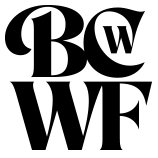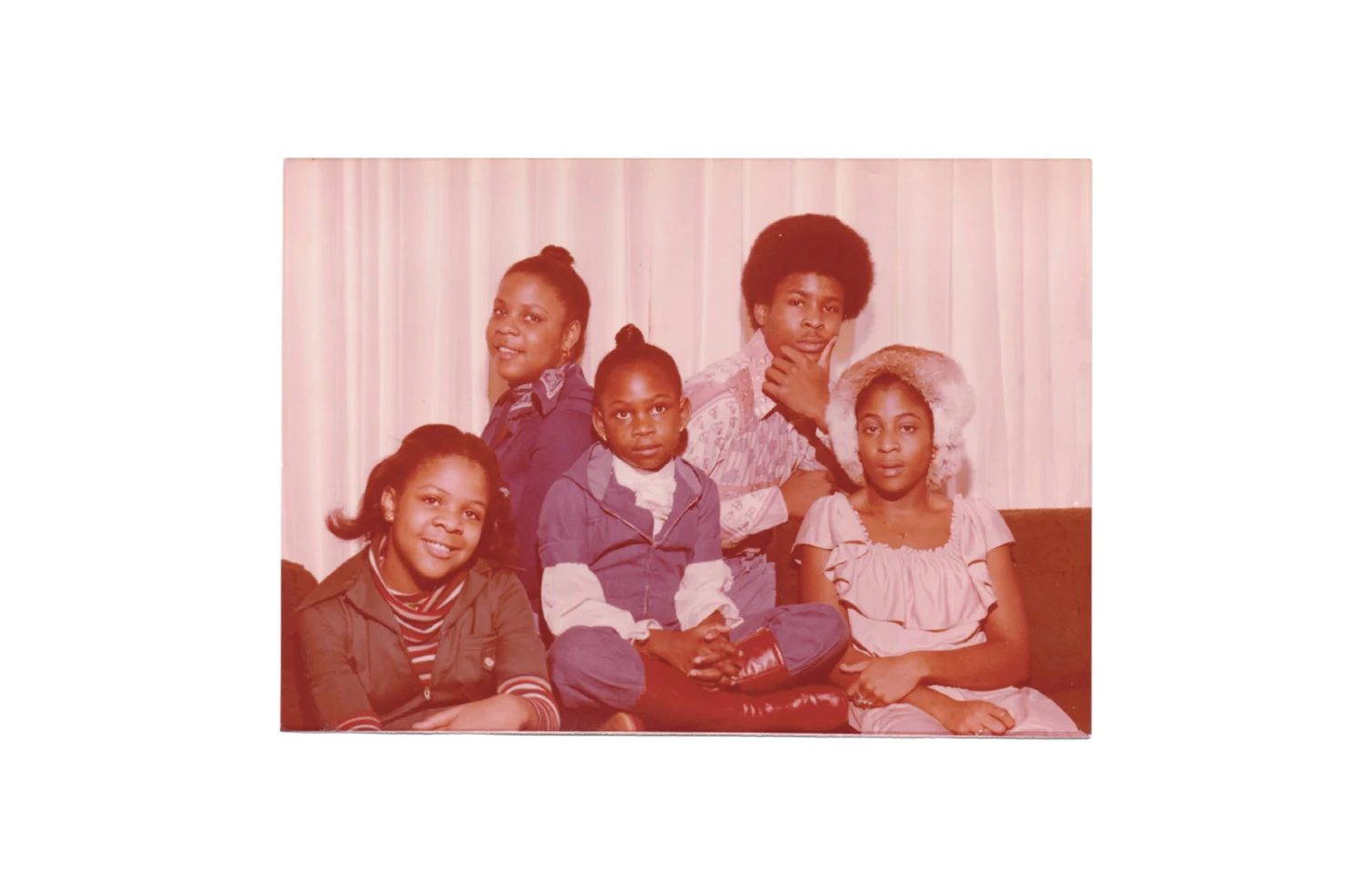introducing: mockingbird, history lessons for adults
When I was in kindergarten, Mrs. Jacka had us choose to come dressed either as a “Pilgrim” or and an “Indian” for our classroom’s Thanksgiving feast.
I was the only child wearing a native headdress made of construction paper. It seemed the only available box for lil’ black girl to check given too few options. Plus, I had asked Mrs. Jacka, “What should I be?” She somewhat paused before answering, “Sweetie, just choose which one you’d like to be. It’s only dress-up.”
That was my first history lesson: when the Mayflower docked at Plymouth Rock, black people didn’t yet exist.
For a black girl growing up in the 70’s and 80s, this was as good as true. The history that I’d been taught in school and in church supported a weird timeline: In the beginning, there was Adam and Eve in the Garden of Eden. Then in 1620, The Mayflower hit Plymouth Rock.
I don’t think a single teacher in any single class from kindergarten through my senior year ever addressed the fact that before America, there was Africa. And surely no teacher ever taught that before Columbus arrived confused at our shores, my people—African people—were already here. Not once was I taught that long before The Middle Passage, Egyptian pharaohs came here as tradesmen, astronomers, explorers and dreamers of a new world.
History has only recently become of much interest to me. Honestly, you can only hear the story of your ancestors’ enslavement so many times before you push yourself away from the table—especially if you’re the only one in the room who has to learn your ancestors’ painful narrative from someone who doesn’t look or feel as you do. There are only so many tears that you can be forced to sit and swallow. But then, last year, I read Isabel Wilkerson’s amazing historical account of The Great Migration, The Warmth of Other Suns. Suddenly I saw my people stronger, braver and richer than I could ever imagine. And, I saw myself.
What if, all those years ago, when I asked Mrs. Jacka, “what should I be,” she’d been able to tell me, “Well, your people were the great pharaohs who were already here. They were from distant lands like Egypt and they arrived with gold spears to trade with the indigenous people who allowed them to stay and exchanged land for goods”? Well, could you fathom the warmth that would have radiated throughout my tiny, little brown self? I’ll tell you, you could not.
To have known that my narrative had always been a part of our country’s story and was greater than whips, shackles and cotton would have empowered unconceivable forces of humanity within me. I might indeed have believed that I could someday be the president.
Before we become doctors, lawyers, teachers, mothers, congressmen and congresswomen, senators, judges and presidents, we are first human. What if when every baby was delivered, doctors, nurses and midwives laid each baby on their mothers breast and said, “Congratulations, you have a brand new human!” Before announcing gender, weight, length or even their capacity to sufficiently breathe, what if all that mattered was, “Here is a human.”
Each of us is first human. Each of us carries the weight of simply being HUMAN. We’re connected to one another from the very beginning—first, by way of an umbilical cord—and once that’s cut, we’re bound by our collective need to breathe and be held and known and loved. This never changes, all the days of our lives.
What if when every kid opened a history book, the reflection of this need to breathe, to be held and to be known and loved was first and foremost on every page of our history textbooks? What if every history lesson began with open arms, embracing our shared humanity with all its joys and all its pain? Would we be more willing to teach our kids the truth? Would we be more willing to teach them the truth even if they had questions that we could not answer? What if those unanswered questions led us to more meaningful conversations? Could we then change the world?
I first started posting my writing because I learned that my daughter’s school was going to have slave debates in her 11th grade history class. My daughter, the only black girl in her class, would have to debate for and against slavery with her white classmates, with her white teacher watching within the very white walls of her very white school with its entirely white board and predominately white staff. My goodness, I knew we had to to do better. But how?
Every day, I see the stories in the news and in social media and I wonder if we’re ever going to change. What is there to debate? Are these people human? Will we be the ones to regret this history that we’re currently complicit in making? Is history destined to repeat itself? Or, do we just desperately need to be courageous enough to change?
In order to change, we have to learn, acknowledge and repent of our history. And in order to do that we have to know the whole history with all its cracked and broken narratives. So, I’m pleased and utterly delighted to present Mockingbird: History Lessons for Adults.
This is a way for us to build a community that doesn’t just acknowledge race and its systems of division, but also understands its history. I feel the only way to change the racial divide in our country is to teach a more humane history to our kids. But to do that, we need to first fill in the blanks left open from the sparse history we learned as children. We need to start over again by first learning that before there was The United States, there were human beings. Those humans beings built civilizations. And, unfortunately, those civilizations built the foundations for all systems of race. When we learn our history from these truths, we suddenly see ourselves as humans and not just stories, because it’s our stories that make us a connected humanity, not timelines and birthdates.
I hope you’ll meet me here, dear friends. This is actually work that we all can do.
MAKE HISTORY WITH ME—
Become a patron and sign up for Mockingbird: History Lessons for Adults
LEARN A LITTLE MORE ABOUT PHARAOHS & THE AMERICAS—
"Before Columbus,” by Garikai Chengu
AND, A LITTLE MORE ABOUT OUR POOR TEACHING OF HISTORY IN SCHOOLS—
“Too Many Black Students Aren’t Learning History in School,” by ShaRhonda Knott-Dawson
“How to Teach Black History,” by Jason Fuller
THE BOOK THAT GAVE ME A LOVE OF HISTORY—
The Warmth of Other Suns by Isabel Wilkerson










